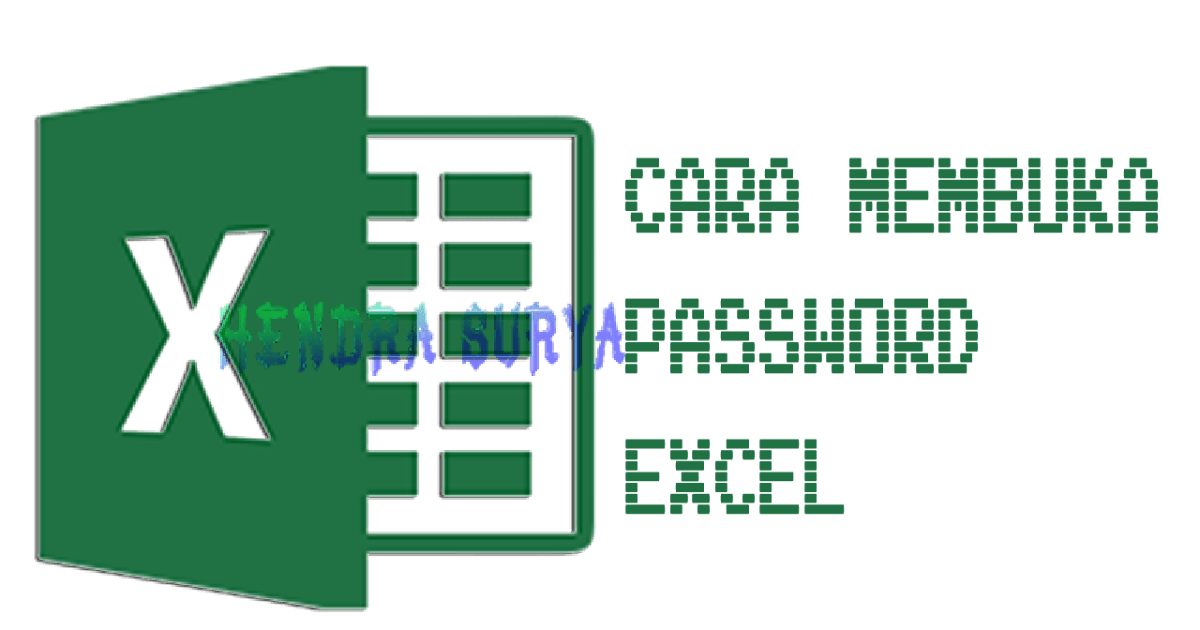Opening a password-protected Excel file can be a daunting task, especially if you cannot remember the password. Luckily, there are several methods you can use to access your encrypted Excel data. In this guide, we will show you how to open a password-protected Excel file without software, and also how to access it using a program.
Method #1: Open a Password-Protected Excel File Without Software
If you have forgotten the password to access your Excel data, you can use one of the following methods:
- Use a Macro: If you have access to Excel Visual Basic for Applications, you can use a macro to bypass the password protection. Here’s how:
- Open the protected Excel file and press ALT + F11 to open the Visual Basic Editor.
- Click on the Insert menu and select Module.
- Type in the following code:
- Press F5 to run the macro.
- The password will be displayed in a message box. This method works for password-protected worksheets and workbooks.
- Use Notepad: If your Excel file is password-protected and you cannot remember the password, you can try opening it in Notepad and removing the protection.
- Close the Excel file if it is open.
- Right-click on the Excel file and select Open With > Notepad.
- Look for the tag “<sheetProtection password=”password123″ />”.
- Delete the password value, but leave the quotes empty.
- Save the file and close Notepad.
- Open the Excel file and the password protection will be removed.
Sub PasswordBreaker()
'Breaks worksheet password protection.
Dim i As Integer, j As Integer, k As Integer
Dim l As Integer, m As Integer, n As Integer
Dim i1 As Integer, i2 As Integer, i3 As Integer
Dim i4 As Integer, i5 As Integer, i6 As Integer
On Error Resume Next
For i = 65 To 66: For j = 65 To 66: For k = 65 To 66
For l = 65 To 66: For m = 65 To 66: For i1 = 65 To 66
For i2 = 65 To 66: For i3 = 65 To 66: For i4 = 65 To 66
For i5 = 65 To 66: For i6 = 65 To 66: For n = 32 To 126
ActiveSheet.Unprotect Chr(i) & Chr(j) & Chr(k) & _
Chr(l) & Chr(m) & i1 & i2 & i3 & i4 & i5 & i6 & Chr(n)
If ActiveSheet.ProtectContents = False Then
MsgBox "Password is " & Chr(i) & Chr(j) & _
Chr(k) & Chr(l) & Chr(m) & i1 & i2 & i3 & _
i4 & i5 & i6 & Chr(n)
Exit Sub
End If
Next: Next: Next: Next: Next: Next
Next: Next: Next: Next: Next: Next
End Sub
Method #2: Access a Password-Protected Excel File Using a Program
If you are not comfortable using Visual Basic for Applications or Notepad to access your password-protected Excel file, you can use a program such as PassFab for Excel. PassFab for Excel is a program designed specifically to open password-protected Excel files. Here’s how to use the program:
- Download and install PassFab for Excel from the official website.
- Launch the program and select “Recover Excel Open Password”.
- Click on the “Browse” button to select your password-protected Excel file.
- Choose the recovery mode that best suits your needs.
- Once you have selected the recovery mode, click on “Recover” to begin the password recovery process.
- Once the recovery process is complete, your Excel file will be accessible without the password protection.
FAQ
Q: What if I have forgotten the password to access a password-protected Excel file?
A: You can use method #1 to try and open the password-protected Excel file without software. If that doesn’t work, you can try using a program like PassFab for Excel.
Q: Can PassFab for Excel recover any type of password-protected Excel file?
A: PassFab for Excel can recover passwords for both .xls and .xlsx Excel files.
Conclusion
Opening a password-protected Excel file can be a frustrating experience, especially if you cannot remember the password. However, there are several methods you can use to access your data, including using a macro or Notepad to bypass the password protection, or using a program such as PassFab for Excel to recover the password. Whichever method you choose, always remember to keep your passwords in a safe and secure place to avoid future headaches.


